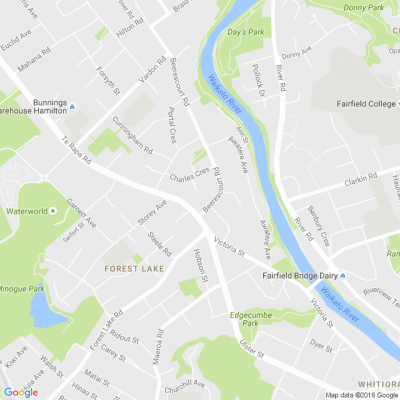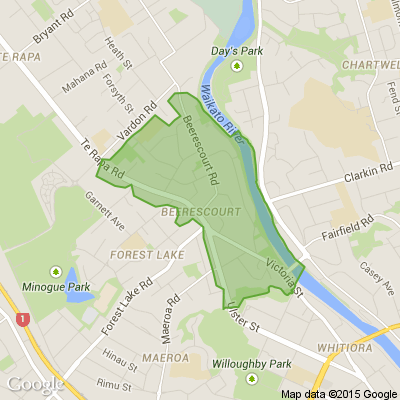The Benefits of Linen
Linen is most loved for its diversity, from a rustic and neutral look to soft and refined. It is often found in homes on upholstered and loose covered furniture, curtains, cushions, bedding and clothing. But did you know the benefits of linen run right down to the fibres?
How is Linen made?
Linen is an amazing natural fabric made from flax fibres and this process has been used to make linen for almost 6,000 years.
The plants are first removed from the ground by cutting or pulling and then the seeds are extracted though a process called winnowing or ripping. To separate the fibres from the flax plant itself, a natural process takes place called “retting” that utilizes bacteria to decompose the pectin that binds the fibre together.
Once the long fibres are removed they are brushed out into long strands that can then be spun into yarn and eventually woven into linen material.
The best part about this process is that it’s practically zero-waste. Anything that will not be used in the fabric manufacturing, such as the woody stalks of the flax plant and the roots, compost back into the soil and the seeds used to make linseed oil.
Benefits of Linen
Linen is Sustainable and Environmentally Friendly: Linen is a sustainable, natural fibre growing without the use of pesticides, fertilizers and additional watering. This also makes it a renewable resource, plus being a natural fibre it’s also biodegradable.
Producing linen has a smaller environmental impact than cotton, mainly as it needs little to no water consumption to grow. Also, as mentioned above, the production of linen is rarely wasteful.
Keep reading: www.curtainclean.co.nz...

Poll: Are you a Te Huia fan?
All three Hamilton MPs appear to be united behind the retention of the Te Huia passenger rail service between Hamilton and Auckland, as well as potentially expanding it to Tauranga.
But whether Hamilton East’s Ryan Hamilton, Hamilton West’s Tama Potaka and soon-to-be Labour list MP Georgie Dansey have the combined power to shunt transport minister Chris Bishop and Prime Minister Christopher Luxon onto their line of thinking remains to be seen.
Are you a Te Huia fan? Tell us more in the comments (adding NFP if you don't want your words used in print).

-
82.8% Yes
-
17.2% No
Tenants trash home, spray graffiti inside and outside
A Hamilton landlord has been awarded thousands of dollars after tenants left a rental property riddled with graffiti, damage and piles of abandoned furniture, then failed to show up to their own Tenancy Tribunal hearing.
The Tenancy Tribunal has ordered two former tenants of the Inverness Ave property to pay $2,585.83 after their bond was applied to cover unpaid rent, cleaning, rubbish removal, lock changes and repairs.

Poll: As a customer, what do you think about automation?
The Press investigates the growing reliance on your unpaid labour.
Automation (or the “unpaid shift”) is often described as efficient ... but it tends to benefit employers more than consumers.
We want to know: What do you think about automation?
Are you for, or against?

-
9.3% For. Self-service is less frustrating and convenient.
-
43.5% I want to be able to choose.
-
47.2% Against. I want to deal with people.






 Loading…
Loading…